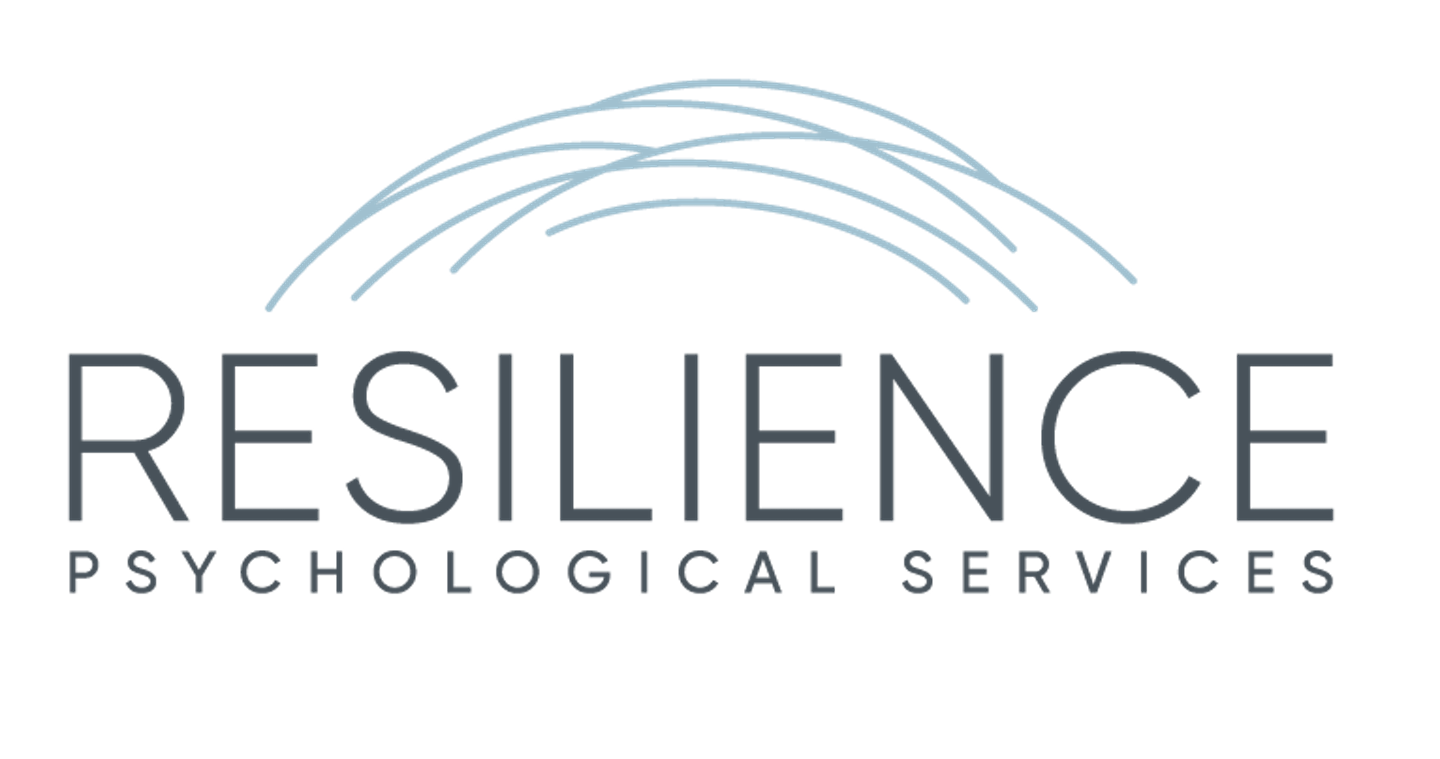ANTI-IMPERIALISm
Imperialism is a political strategy or practice in which a nation extends its power and control over other countries or peoples. This can be done by acquiring territory, or by gaining economic or political control over other areas. Imperialism often involves the use of military, economic, or diplomatic power, and can also include cultural imperialism.
Imperialist ideologies have historically oppressed and marginalized entire communities, shaping systems of governance, economy, and culture that continue to impact individuals worldwide. These systems influence not only geopolitical power dynamics but also the lived experiences, mental health, and self-concepts of those affected by ongoing forms of imperialistic oppression.
Anti-imperialism is the opposition to a country's rule or influence over another country. It can also refer to opposition to neocolonialism. Anti-imperialists often oppose colonialism, imperialism, and the territorial expansion of a country. Anti-imperialist therapy challenges the pervasive influence of imperialism—a system rooted in colonization, exploitation, and domination—on mental health and wellness.
Anti-ImperialisM IN Therapy
In therapy, anti-imperialist principles guide us to identify and resist the subtle and overt ways imperialism affects mental health. For many, the effects of historical and ongoing imperialist practices—including the legacies of colonization, forced migration, cultural erasure, and economic exploitation—translate into cycles of trauma, loss, and disenfranchisement that shape one’s identity, experiences, and mental well-being. Anti-imperialist therapy acknowledges these forces and empowers clients to explore healing within a framework that prioritizes self-determination, resilience, and liberation from oppressive global structures.
Being an anti-imperialist or anti-colonial therapist means approaching mental health care with a commitment to dismantling global and systemic inequalities, rejecting the individualistic models that ignore the impacts of historical trauma, cultural loss, and economic oppression. This approach fosters healing by recognizing the role of collective identity and cultural connection, and by offering alternatives to mental health frameworks shaped by colonial mindsets. Instead of replicating structures that alienate or stigmatize marginalized individuals, anti-imperialist therapy focuses on reparation, cultural reclamation, and the well-being of communities.
Key Principles
Decolonizing Mental Health Practices: Anti-imperialist therapy challenges Eurocentric, colonial frameworks that ignore the cultural and historical contexts of clients from diverse backgrounds. It values and incorporates traditional healing practices and cultural knowledge as central to wellness and resilience.
Cultural and Collective Healing: Rather than treating mental health in isolation, anti-imperialist therapy emphasizes cultural and collective healing, acknowledging that well-being is deeply connected to one’s community, cultural identity, and ancestral heritage.
Economic Justice and Well-being: Recognizing that economic exploitation is a form of imperialism, anti-imperialist therapists address the psychological impacts of poverty, displacement, and economic hardship, advocating for clients’ economic well-being as part of holistic care.
Reclaiming Identity and History: Anti-imperialist therapy supports clients in reclaiming personal and cultural narratives that may have been distorted or erased by colonial ideologies. This approach prioritizes clients’ right to their own identities, languages, and histories.
How We Can Help
Anti-imperialist-informed therapy centers healing from the wounds of colonial and imperial oppression. We provide a compassionate space to process the impacts of these forces on your mental health, prioritizing your journey toward autonomy, justice, and cultural empowerment. Our approach focuses on:
Healing and Empowerment: We support you in reclaiming your cultural identity, personal agency, and autonomy, especially if you have experienced the disempowering effects of imperialist legacies.
Decolonial and Culturally-Inclusive Practices: We honor traditional healing practices and cultural frameworks, adapting our approach to fit the unique cultural perspectives of each client.
Community and Cultural Resources: We connect you with culturally relevant resources and support networks, building a community of care that affirms your identity and heritage.
What to Expect
Non-Eurocentric Care: Anti-imperialist therapists recognize the limitations of traditional mental health models and work to provide care that respects and uplifts diverse cultural identities, perspectives, and experiences.
Community-Driven Approaches: Therapy may include connecting you to community resources and culturally-based forms of care, rather than isolating individuals in models that do not reflect or respect their lived experiences.
Advocacy and Education: Anti-imperialist therapists often engage in advocacy, challenging systemic inequities and promoting awareness of the mental health impacts of imperialism, colonization, and globalization.
Anti-imperialist therapy confronts the enduring impacts of colonialism and global exploitation, empowering clients to heal from the injustices of imperialist systems. It seeks to cultivate an environment of compassion, justice, and cultural reclamation, where clients can pursue healing, growth, and self-actualization without the weight of these global forces bearing down upon them.
Whether you're grappling with the lasting effects of colonialism, systemic oppression, or seeking a space that respects your identity and history, we're here to support you. Reach out today to learn more about our anti-imperialist approach to therapy, where cultural inclusion and collective liberation are central to your journey toward well-being.

